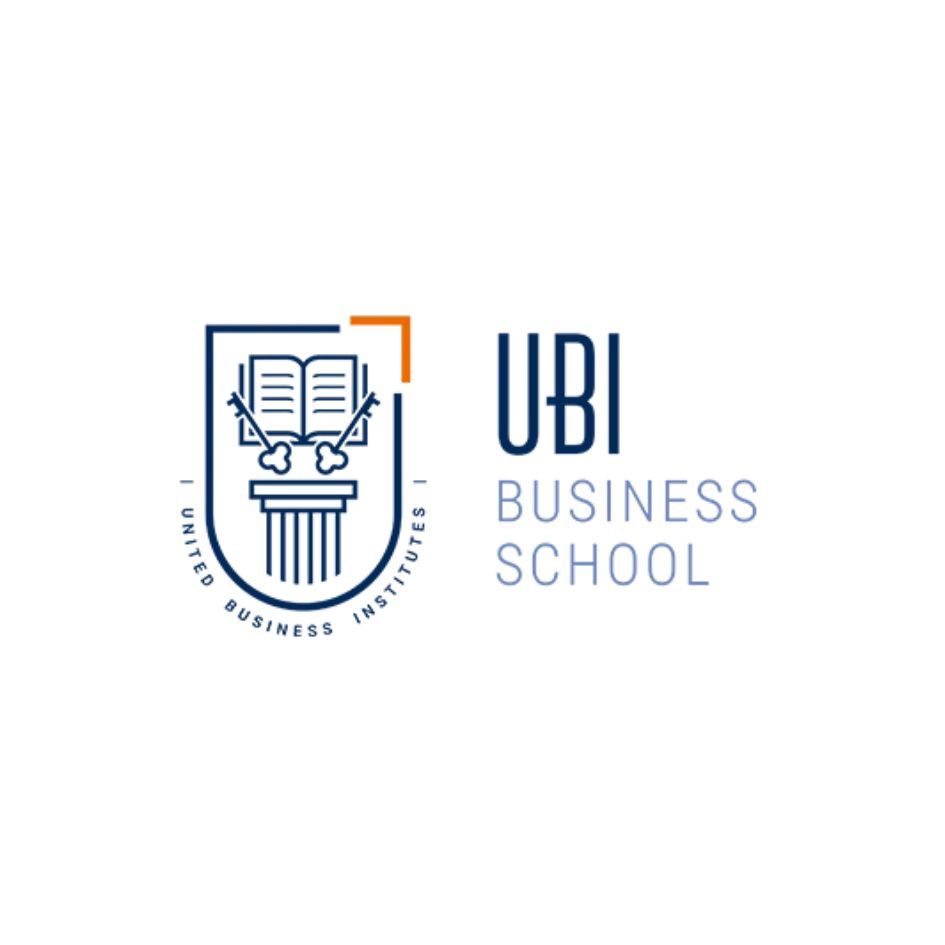
Teaching jobs in Luxembourg: wages, requirements, documents
Teaching is one of the most crucial professions in society, shaping future generations by imparting knowledge, values, and essential skills for individual and collective development. Teachers work across various settings, from primary and secondary schools to universities and independent institutions. In this article we will venture into this crucial sector, exploring the qualifications needed, teaching jobs in Luxembourg, expected salaries and much more.
The education sector in Luxembourg, compared to other European countries, is relatively limited. When ranking European countries by the percentage of people employed in this sector, Luxembourg ranks at the bottom, with only 0.52% of employed individuals working in education.
Overview of the teaching jobs in Luxembourg
Teachers play a fundamental role in society as key agents in transmitting knowledge, skills, and values to future generations. Their role extends beyond imparting specific subjects; they also serve as mentors, motivators, and role models for students. Teachers not only prepare youth for academic success but also guide them in personal and social development, helping them become responsible citizens and contributors to society. By fostering critical thinking and problem-solving skills, teachers equip students to tackle real-world challenges.
Teachers can work in various settings, both within and outside the traditional education system. Some areas where they may find employment include:
Public and Private Schools
Public and Private Universities
Special Education Institutions
Tutoring Centers and Non-formal Education
Online Education
Corporate Training

In Luxembourg, the education sector is relatively small and employs a limited number of people compared to other European countries. When ranking European countries by the percentage of people employed in this sector, Luxembourg ranked last in 2021, with only 1972 people employed in education, representing 0.52% of the Luxembourgish workforce. In Europe, Greece, Spain, Cyprus, Ireland, and Switzerland have the highest number of employees in the education sector.
Training and skills necessary to work in the teaching sector
If you're wondering how to become a teacher in Luxembourg, you've come to the right place. However, the answer to this question is not one-size-fits-all, as the educational requirements to become a teacher vary greatly depending on the educational field and level of teaching. Below we present an overview of the requirements in the different educational environments.
As an elementary school teacher, your goal will be to instill in students the tools and desire to learn independently.
The requirements for Luxembourg teachers in elementary schools include holding a bachelor's degree, passing a recruitment exam, and completing a training internship. Two study programs that lead to a career as an elementary school teacher in Luxembourg are:
More information about the studies and requirements to become a primary school teacher in Luxembourg can be found on the Luxembourg Ministry of Education website dedicated to this topic.
To become a teacher in secondary education, you need to pursue higher education and obtain a master's, bachelor's, or equivalent qualification related to the required specialty:
- Teacher (A1): Master's degree or equivalent;
- Technical education teacher (A2): Bachelor's degree or equivalent;
- Teaching master: master craftsmanship’s diploma /BTS.
More information about the studies and requirements to become a secondary school teacher in Luxembourg can be found on the Luxembourg Ministry of Education website dedicated to this topic.
To become a university professor, a postgraduate degree (master's or doctorate) in the relevant field of study is generally required. Additionally, experience in research and academic publications is valued.
A bachelor's degree in special education or a related field focusing on students' special needs is required. Obtaining certification or an additional degree in special education may also be necessary.
Educational requirements may vary depending on the institution and program focus. In some cases, a bachelor's or master's degree in a specific discipline is required, while in others, practical experience in the field and solid knowledge are essential.
In addition to education and excluding teaching-specific competencies, there are multiple skills necessary to be a teacher. Here are some of them:
Requirements for French nationals
In Luxembourg, the teaching profession is open to nationals of the European Union, provided that they are proficient in the three administrative languages of the country, i.e. French, German and Luxembourgish, with a level depending on the position sought:
- To apply for a category post (A1), the equivalent of a French collège-lycée, or to teach in primary schools (A2):
- Level C1 for the 1st language
- Level B2 for the 2nd language
- Level B1 for the 3rd language
- To teach in CAP or BEP-type courses (B1):
- Level B2 for the 1st language
- Level B1 for the 2nd language
- Level A2 for the 3rd language
Candidates must also meet the other educational requirements that are common to all candidates and which we mentioned above. If all these requirements are met, the candidates must sit and pass the competitive examinations in the same way as Luxembourgish candidates.
As for the diplomas, since education is a regulated profession, it is necessary to demand a recognition of the diploma. In our related article, you can get more information on the procedure.
How to get a teaching job in Luxembourg?
Discovering how to get a teaching job in Luxembourg involves exploring the various positions available for educators. In the following section, we will expand on the opportunities for teachers in Luxembourg and examine which positions are most in demand.
Top-10 in-demand teaching roles in Luxembourg
The job of a teacher can be exercised from multiple positions and in different environments. Below is a list of some of the main roles:








Which positions are most demanded in Luxembourg?
When considering which positions are most in demand in a certain field of work in Luxembourg, the best reference comes from sectoral studies conducted by the Ministry of Labour (MT) and the Employment Development Agency (ADEM), which address various areas of the economy. However, there are no specific sectoral studies dedicated to the field of education, making it difficult to provide a precise answer to this question.
Nevertheless, as we observed earlier in the article, there are relatively few people employed in the education sector in Luxembourg. This can be attributed to various factors such as population density, the structure of the education system, and hiring policies. The requirements to become a teacher in luxembourg can be rigorous, limiting the number of available candidates.
However, despite the relatively low number of employees in this area, the overall demand for teachers is increasing with population growth. The relative shortage of teachers in Luxembourg may present employment opportunities for those who meet the qualification requirements or are willing to fulfill them.
Luxembourg establishments recruiting teachers
If you're seeking a teaching job in Luxembourg, this section is for you. We'll guide you on where and how to find teaching opportunities. Explore top job portals and discover the best places to secure a teaching position in Luxembourg.








Job portals
For comprehensive market research on job opportunities, the internet proves to be an invaluable resource. Numerous job portals host thousands of job listings, allowing users to filter by industry, location, educational requirements, or necessary work experience.
Among the international portals are eures.europa.eu (the European Union's portal), eurojobs.com, eurojobsites.com, experteer.com, indeed.com, page.com and LinkedIn.com.
For local opportunities in Luxembourg, prominent portals include jobfinder.lu, jobs.lu, monster.lu, and moovijob.com. Each portal offers a unique set of opportunities, allowing you to tailor your job search to your preferences and career goals.
Freelance work as a teacher in Luxembourg
While freelance work as a teacher may be common in certain areas of informal education, such as tutoring or language instruction, formal education typically requires working within an accredited institution. However, freelance opportunities can arise for specialized workshops, seminars, or online courses, especially in niche subject areas.
What else can you read on the topic of employment in Luxembourg?
You will find a variety of articles on job search, career development, and workplace culture in our dedicated section of the Blog. Check it out.
Salaries in the teaching sector in Luxembourg in 2024
Teachers in Luxembourg typically receive competitive salaries and attractive benefits. However, due to the large number and variety of teaching positions, Luxembourg teaching jobs salary ranges vary greatly and may not provide a clear picture of the reality. As a general idea, Paylab offers a salary range for the sector, from 3,164 euros as the minimum average to 8,230 euros as the maximum average. For a clearer understanding of salaries by position, the following table presents some average salaries for various types of teaching roles within this field.
| Role | Minimum (euros) | Maximum (euros) |
| Professor | 5,421 | 13,009 |
| College lector | 3,915 | 10,001 |
| University Teacher | 2,933 | 7,219 |
| University Teaching assistant | 2,489 | 6,234 |
| Secondary School Teacher | 2,283 | 6,170 |
| Primary School Teacher | 2,146 | 5,587 |
| Special Needs Teacher | 2,115 | 5,712 |
| Teacher | 2,048 | 6,223 |
| Music and Art School Teacher | 2,038 | 5,291 |
| Preschool Teacher | 1,938 | 4,815 |
Wage one can count on
The salary range for cleaning professionals in Luxembourg typically spans from 3,164 euros (average minimum wage) to 8,230 euros (average highest median salary).
What papers do you need as a foreigner?
For European nationals, the process of working in Luxembourg is relatively straightforward, given the freedom to live and work in any European country. However, navigating the paperwork becomes essential if you are not a European national.
The requirements vary based on your circumstances, distinguishing between employed and self-employed roles. Additionally, familial situations, such as having a Luxembourgish or European partner, can impact the process.


Frequently Asked Questions (FAQ)
Are there language requirements for teaching positions in Luxembourg?
Yes, language requirements for teaching positions in Luxembourg vary depending on the language of instruction in the school or institution. In many cases, proficiency in French, German, or Luxembourgish is essential, as these are the main languages of instruction in the country's education system. Additionally, fluency in English is often highly desirable, especially in international or bilingual schools.
How do salaries for teachers in Luxembourg compare to other professions?
Salaries for teachers in Luxembourg are generally competitive compared to other professions, reflecting the country's high standard of living and the importance placed on education. While specific salary figures vary depending on factors such as experience, qualifications, and the type of institution, teachers typically enjoy stable and respectable incomes. Additionally, the benefits package for teachers in Luxembourg often includes healthcare coverage, pension contributions, and ample vacation time, further enhancing the overall compensation package.
What are the educational requirements to work as a teacher in Luxembourg?
The educational requirements to work as a teacher in Luxembourg vary depending on the level and type of teaching position. Generally, a bachelor's degree in education or a related field is required for primary and secondary school teaching positions. For higher education and specialized teaching roles, such as in special education or technical fields, a master's or doctoral degree may be necessary. Additionally, prospective teachers often need to complete a teacher training program and obtain teaching certification or licensure from the relevant authorities in Luxembourg. Language proficiency in the languages of instruction is also typically required, with additional language certifications sometimes necessary for teaching in multilingual or international schools.
Source: ec.europa.eu, men.public.lu, men.public.lu, www.hellowork.com, www.onisep.fr, www.onisep.fr, fr.indeed.com, men.public.lu, fr.wikipedia.org, www.paylab.com
We took photos from these sources: Moovijob, United Business Institute, Pang Yuhao on Unsplash